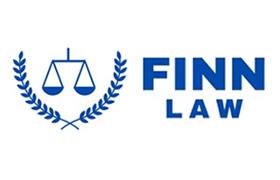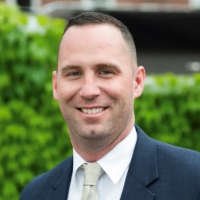Round Lake Criminal Lawyer, New York
Sponsored Law Firm
-
 x
x

Click For More Info:
-
Finn Law Offices
12 Sheridan Ave. Albany, NY 12207» view mapAccident & Injury and Criminal Defense Action-Oriented Legal Advocacy
At Finn Law Offices, our attorney relies upon his experience and dedication to protect your rights in a personal injury, employment law, criminal defense or civil rights case.
800-872-6030
Thomas W. Peterson
Divorce & Family Law, Real Estate, Traffic, Accident & Injury, DUI-DWI
Status: In Good Standing Licensed: 39 Years
Robert M. Cohen
Litigation, Custody & Visitation, Criminal, Accident & Injury
Status: In Good Standing Licensed: 53 Years
Robert Morris Cohen
Family Law, Custody & Visitation, Criminal, Accident & Injury
Status: In Good Standing Licensed: 53 Years
Jennifer Anita Cleary
Real Estate, Traffic, Estate, Criminal, Bankruptcy
Status: In Good Standing Licensed: 34 Years
Daryl Shepherd Cutler
Lawsuit & Dispute, Divorce & Family Law, Criminal, Insurance
Status: In Good Standing Licensed: 32 Years
Robert David Wilcox
Lawsuit & Dispute, Divorce & Family Law, Criminal, Accident & Injury
Status: In Good Standing Licensed: 46 Years
George Bernard Burke
Workers' Compensation, Social Security, Traffic, Criminal, DUI-DWI
Status: In Good Standing Licensed: 33 Years
Laurence Irvin Fox
Real Estate, Criminal, Civil & Human Rights, Business
Status: In Good Standing Licensed: 52 Years
 Ryan M. Finn Albany, NY
Ryan M. Finn Albany, NY AboutFinn Law Offices
AboutFinn Law Offices
